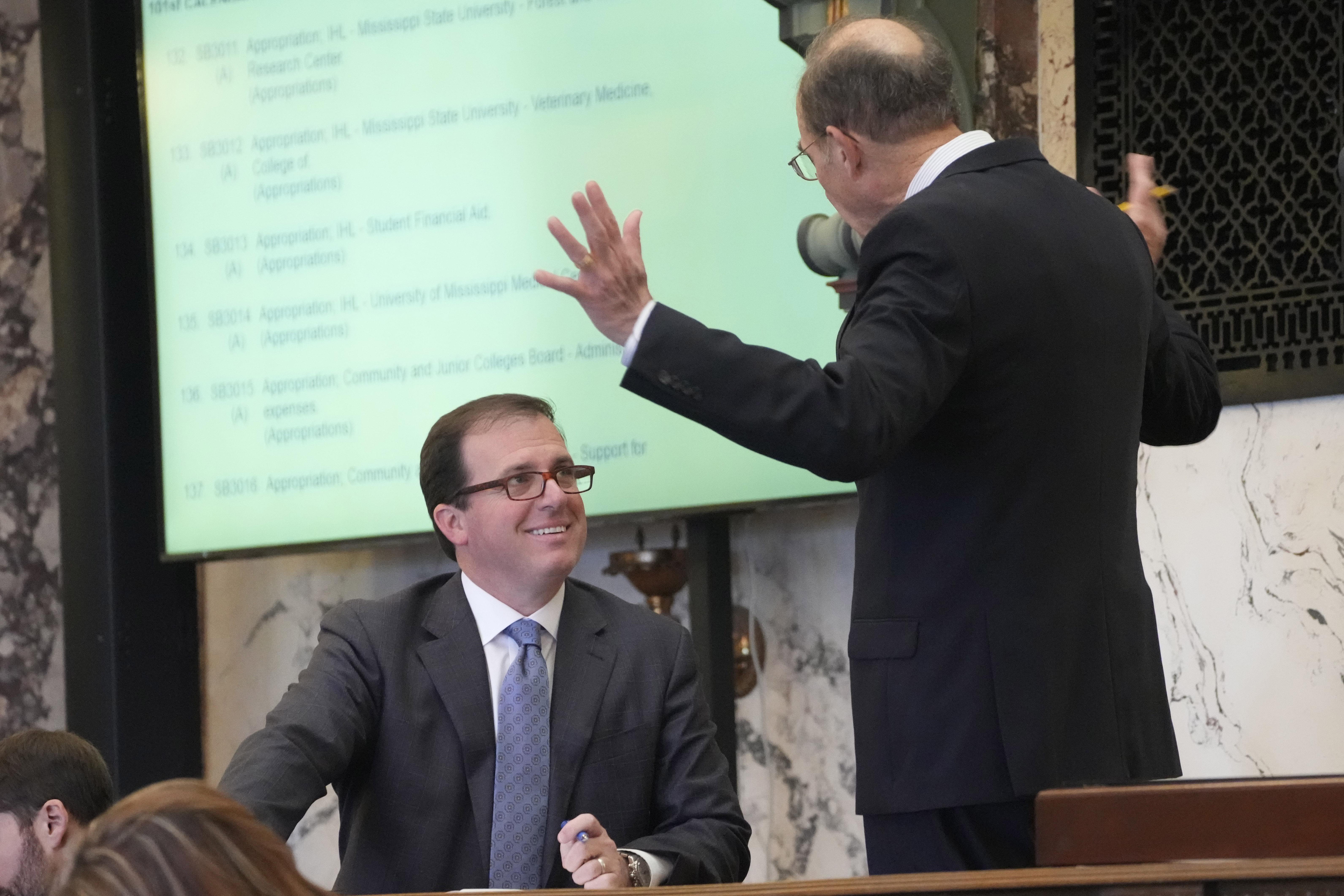The Mississippi Senate passed a $326 million tax cut bill on Monday, setting up negotiations with the House over whether it’s better to tweak or totally transform the state’s tax code.
Mississippi Senate passes $326 million tax cut bill


The Mississippi Senate passed a $326 million tax cut bill on Monday, setting up negotiations with the House over whether it’s better to tweak or totally transform the state’s tax code.

Will Stribling
Mississippi Senate passes $326 million tax cut bill
If enacted, Senate Bill 3095 would lower Mississippi’s income tax from 4% to 2.99% by 2030 and cut the sales tax on groceries from 7% to 5% in July 2026. It would also increase the gasoline tax by nine cents per gallon over three years to fund road and bridge maintenance.
Senate Finance Chairman Josh Harkins says the plan is a responsible way for the legislature to continue cutting taxes while also providing much-needed infrastructure funding.
“We're lowering the burden on Mississippi families,” Harkins said. “We're creating a scenario where they're going to be able to keep more of their hard-earned money and they'll be able to choose how they spend it.”
Several Democratic senators proposed amendments to get rid of or delay the implementation of tax changes in the bill, but they were defeated in party-line votes.
The bill ultimately passed in a 34-15 vote, with four Republicans voting against it due to their opposition to the gas tax increase. Four Democrats also strayed from the party line by voting in favor of the bill.
Senate Minority Leader Derrick Simmons attributes that Democratic support to the Senate bill being more measured than the $1.1 billion tax cut bill passed by the House. He thinks raising the gasoline tax will hurt rural Mississippians, and that lawmakers should be making needed investments in areas like infrastructure instead of moving to cut state revenues further.
“The way you fix your roads and bridges is by actually being good stewards of the taxpayer dollars and you actually fund government, whether it's health care, whether it's education, whether it's infrastructure,” Simmons said.
The Senate bill does not include full income tax elimination like the House bill, which is likely to be a major point of contention in negotiations between the two bodies. Lawmakers have until the end of March to approve tax and appropriations bills.